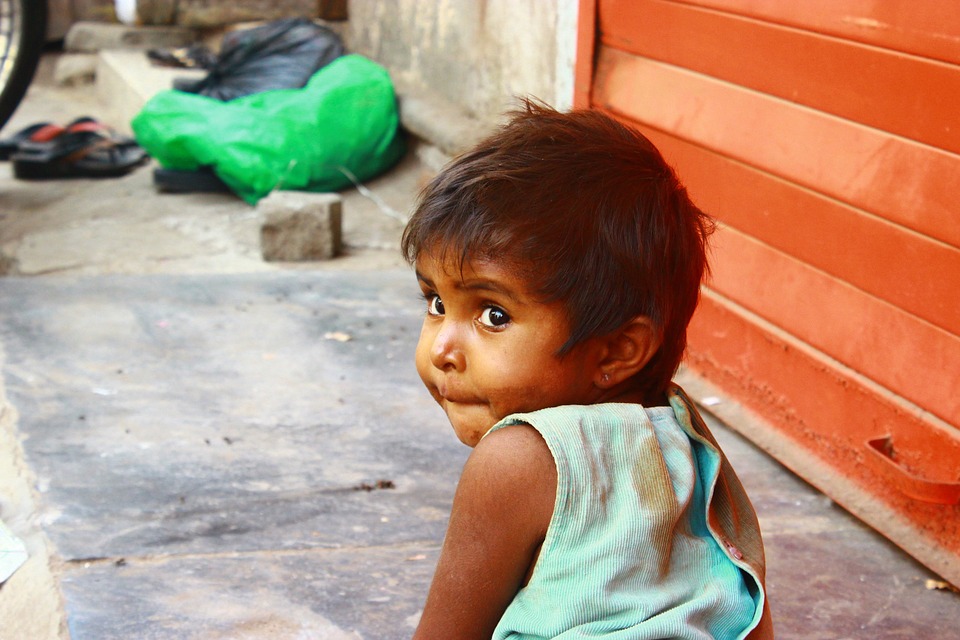According to NITI Aayog, there are 940 females for every 1000 males in India. The ratio hasn’t change much in the last 10 years. India is a patriarchal society where people go to extreme lengths to have a male child. The sex ratio for children in 0-6 years has reached alarming levels. There are 914 females for every 1000 males. The life expectancy of women is higher than men and hence the sex ratio data for 0-6 years gives a clearer picture of the gender imbalance present in the country.
Over the last few decades the gender imbalance was due to sex-selective abortion, childhood neglect of girls and infanticide. Sex determination was banned in India in 1994 and the courts and legal authorities have ensured that the law is strictly implemented. The mentality of people though cannot be changed by law; it can only be changed by making them aware. People still prefer male children so their eyes turned to SSD or Sex Selection Drugs.
SSDs are sold by quacks. Tests on samples of SSDs have revealed the presence of hormones like testosterone and phytoestrogen. These are hormones which act like natural hormones and create hormonal imbalances in pregnant women. Testosterone is highly undesired during pregnancy and could lead to malformations in the foetus. These SSD’s also contain heavy metals like lead and mercury in high proportions than the recommended FDA levels. These heavy metals can cross the placental barrier, damage the foetus and may lead to congenital malformations.
These indigenous preparations of SSD’s are mentioned in textbooks of alternate medicine which boosts their popularity and are leveraged by quacks in making a quick buck at the cost of the life of the expecting mother and her unborn child.
A study conducted by Indian Institute of Public Health and National Health Mission, Haryana concluded that 25% of the women who took SSD’s gave birth to children with congenital malformations. Also, if the woman first birth was a girl child then she is more likely to take SSD’s under pressure from the society. The odds increase if she has had two daughters and is conceiving again.
There is no research to establish that such drugs alter the sex of the foetus. More research needs to be done so that laws can be passed banning such practices. Economically, India has grown by leaps and bounds in the last few decades. The time has come for us to eliminate gender bias to increase the speed of this growth.
Thank you for reading the story until the very end. We appreciate the time you have given us. In addition, your thoughts and inputs will genuinely make a difference to us. Please do drop in a line and help us do better.
Regards,
The CSR Journal Team


